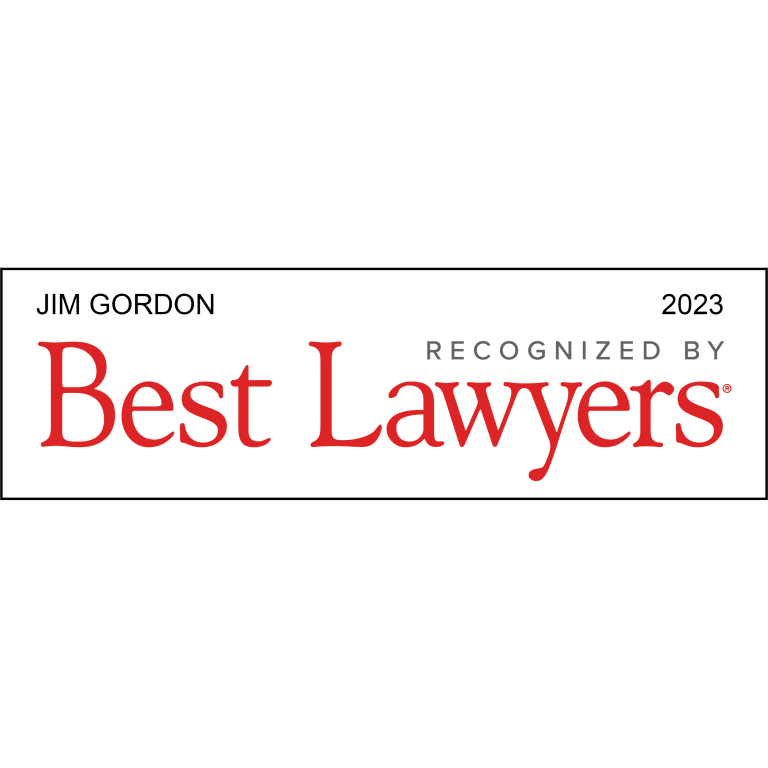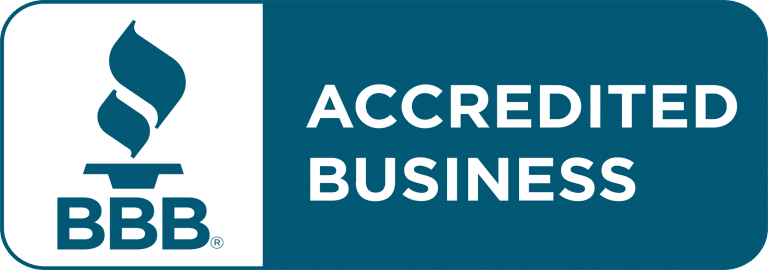Steps to Take After a Slip and Fall
Posted on: February 6, 2021Don’t jeopardize your case!
Here are the steps you should take after a slip and fall.
If you’ve been injured from a slip and fall at a restaurant, retail establishment, or private home, it can be difficult to understand what to do next.
Unfortunately, we have seen several slip and fall cases that were not as successful as they could have been, simply because the injured party failed to take one of a few necessary steps. Knowing what to do after a slip and fall can make all the difference between winning and losing your lawsuit.
If you’ve been the victim of a slip and fall accident, here are the steps you should take.
1. Report the Accident
The first step should be to report the incident to the landlord, store manager, homeowner, or whoever is in charge of the property as soon as possible. If you are able, report the incident right away so that the area where you fell can be documented. This is especially true if you feel on a liquid or some other slippery substance as you will want this documented before the area is cleaned.
Juries tend to be skeptical when slip and fall accidents are not reported within the first 24 hours. A formal injury report will work in your favor, as it shows that the other party was informed of the conditions that contributed to your injuries.
When it comes to reporting your slip and fall, the sooner the better.
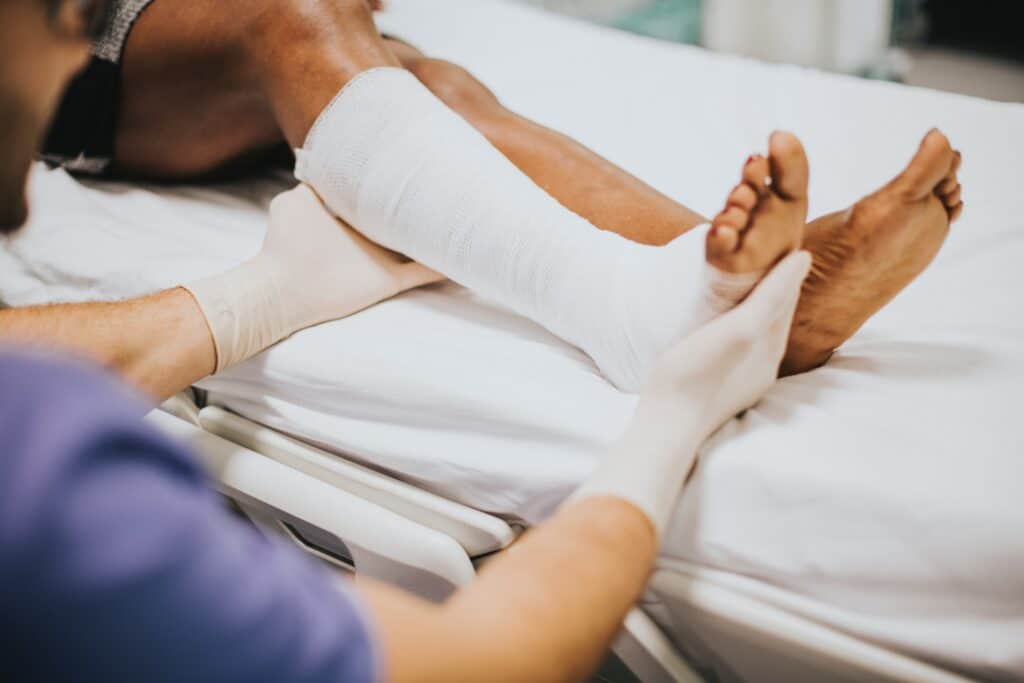
2. Get Medical Treatment
Even if you don’t think you are seriously injured, it is crucial that you have your injuries evaluated by a doctor as soon as possible after your injury.
The other party will typically try to discredit your claim or say that your injuries are not serious enough to need medical treatment. A doctor’s professional opinion is an indisputable piece of evidence that will help you achieve a successful outcome to your case.
Once you have received your medical exam, it is important that you follow your doctor’s advice exactly. If you skip appointments and ignore your doctor’s recommendations, the insurance company can argue that you are either a) not actually injured or b) not taking your medical treatment seriously.
There is one exception to this, however: opiates.
Juries tend to view the use of opiates—such as oxycodone, fentanyl, and morphine—in a negative light and may believe that you made up or exaggerated your injuries simply to get a prescription for these highly addictive substances.
Inform your doctor that you do not want to take prescription painkillers and see if they can guide you to drug-free alternatives.
3. Gather Evidence
Evidence is the lynchpin for any slip and fall case. For this reason, it is vital that you gather as much of it as possible.
Start immediately after the accident by identifying the surrounding conditions, including what caused your fall. If a wet floor was to blame, was there proper signage? Take photographs of the scene, your injuries, and yourself—including what you are wearing. (When you get home, set your entire outfit, including your shoes, aside in a safe place in case it needs to be examined later.)
It is also helpful to make note of any surveillance cameras in the area that might have captured the incident. The sooner you act, the sooner your attorney can make a request for the footage.
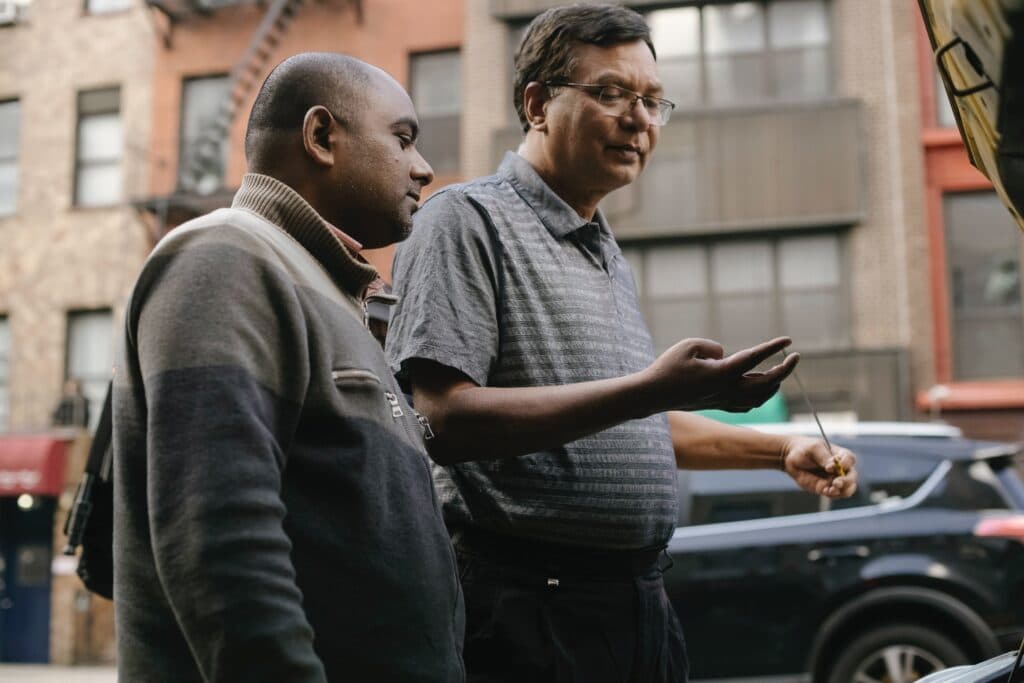
If there were any witnesses, see if they would be willing to recount what they saw to your attorney and, if so, collect their contact information. Avoid giving them your side of the story, as this can be misinterpreted as an attempt to influence them.
When you return home, write a report describing your actions leading up to the accident. What had you been doing earlier in the day? What did you notice before and after your fall? There may be important details your attorney can use to benefit your case.
Finally, keep all paperwork related to your case, including medical bills, written communication from the insurance company, and all evidence you’ve collected.
4. Don’t Give a Statement
At some point during your slip and fall case, it is very likely that you will be approached by the other party’s insurance company for a recorded statement.
If this happens to you, refer them to your attorney. Do not give any statement regarding your accident or injuries.
The property owner, store manager, homeowner, or insurance company may ask leading questions to try to get you to accept blame for your own injuries. Anything you say can be used against you, so the best choice is to not say anything to them at all.
This goes for social media as well. In this day and age, many people forget that their social media persona is public information. Even if your accounts are set to “Private,” it is very difficult to maintain true privacy on social media. Avoid posting comments or pictures about the event on any social media site.
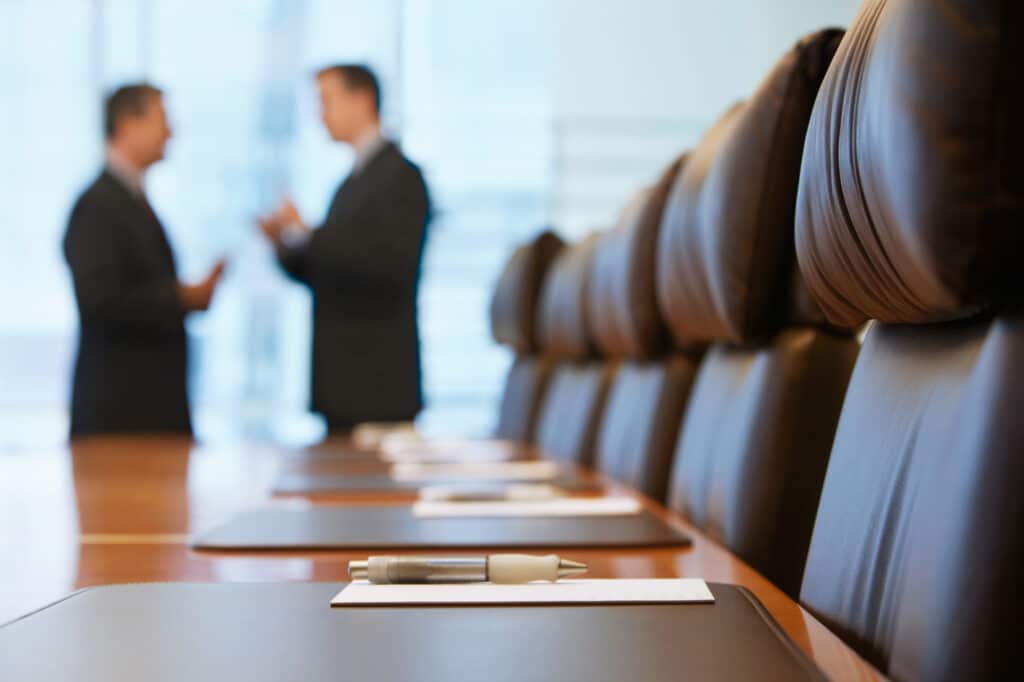
5. Call an Attorney
Last but not least, contact the offices of Beers & Gordon as soon as possible to get a jumpstart on your slip and fall case.
The property owner will be represented by an insurance company with an expert legal team. Their loyalty is not to you, or even to their client, it’s to their own bottom line. They will do whatever they can to undermine—or undervalue—your claim and avoid giving you the financial compensation you need to recover from your injuries.
Taking on that fight without a lawyer of your own is a recipe for disaster.
At Beers & Gordon, our attorneys have more than 70 years of combined legal experience, and much of that experience was spent working for the insurance company. The things we learned while working for them give us unique insight into how we can stand up for you.
Call today to schedule a free consultation with an attorney (not a paralegal or caseworker) today.





